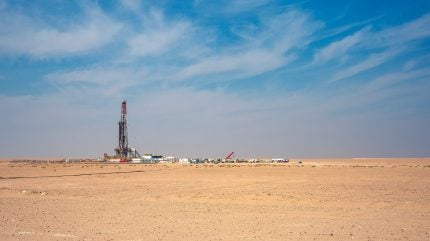
The oil sector in Libya faces severe disruption as internal political conflicts have led to the country’s oil output more than halving, reported Reuters, citing the National Oil Corporation (NOC).
The NOC said Libya’s production has plummeted to approximately 591,024bpd as of Wednesday 28 August, in stark contrast to 1.18 million barrels per day in July this year.
The ongoing crisis over the control of the Central Bank of Libya has heightened the risk of renewed instability in this major oil-producing nation.
Libya, divided between eastern and western factions supported by foreign powers, has also seen a halt in export operations at key ports within the Oil Crescent region.
Citing engineers, the publication reported that Es Sidra, Brega, Zueitina and Ras Lanuf all ceased export activities on Thursday 29 August 2024.
Prior to the halt, four vessels had managed to load 600,000 barrels of oil each from the eastern region, which is responsible for the majority of Libya’s oil exports.
Waha Oil Company, a subsidiary of the NOC, has seen its output drop to 150,000bpd from 280,000bpd, and is expected to decline further.
Additional fields including Sharara, Sarir, Abu Attifel, Amal and Nafoora have also experienced shutdowns or reduced production.
This has resulted in approximately 700,000bpd being taken offline.
The eastern factions have declared their intention to maintain the oil blockade until the Presidency Council and Government of National Unity in Tripoli reinstate central bank governor Sadiq al-Kabir.
The Presidency Council, led by Mohammed al-Menfi, announced the dismissal of Kabir on 18 August, a decision that was not recognised by the eastern-based House of Representatives parliament.
Furthermore, Khalifa Haftar’s Libyan National Army has been involved in the dispute.
Libya, a member of the Organization of the Petroleum Exporting Countries, has struggled with instability since the ousting of Muammar Gaddafi in 2011.
The division between the eastern and western factions dates back to 2014, and oil blockades have frequently been used as a political strategy in the ensuing turmoil.



